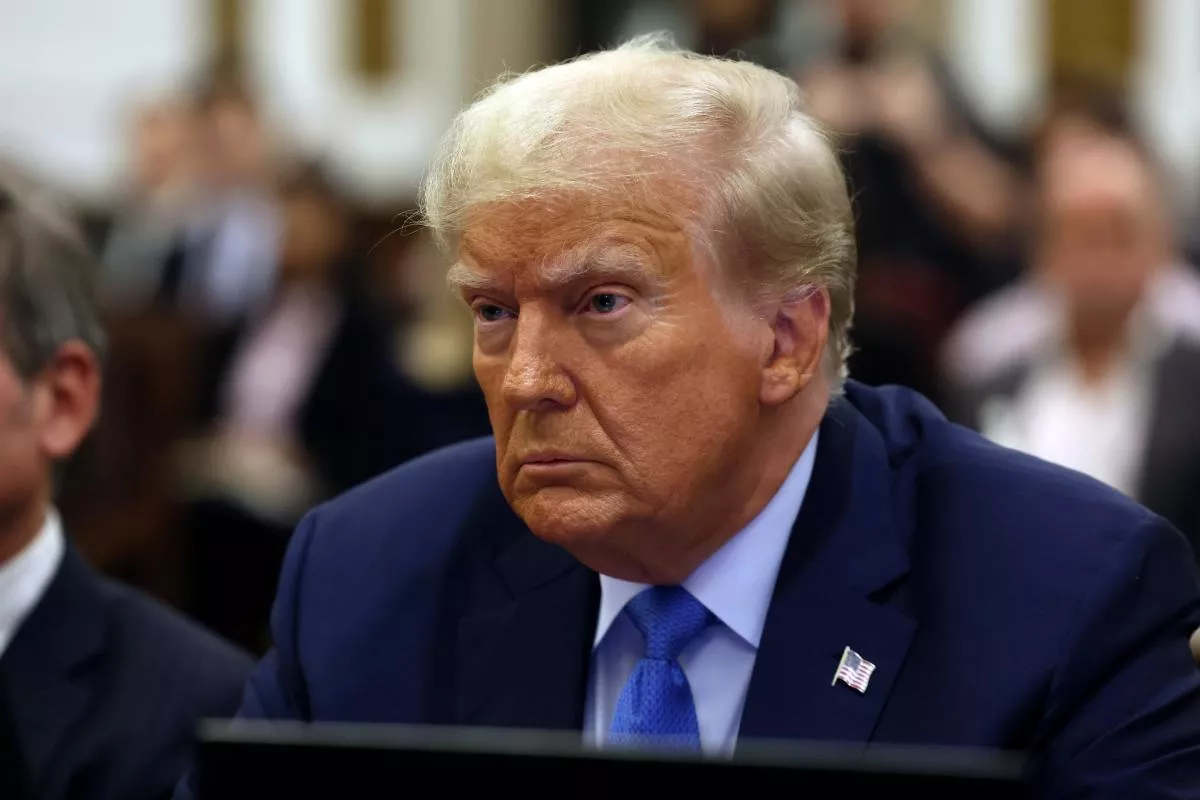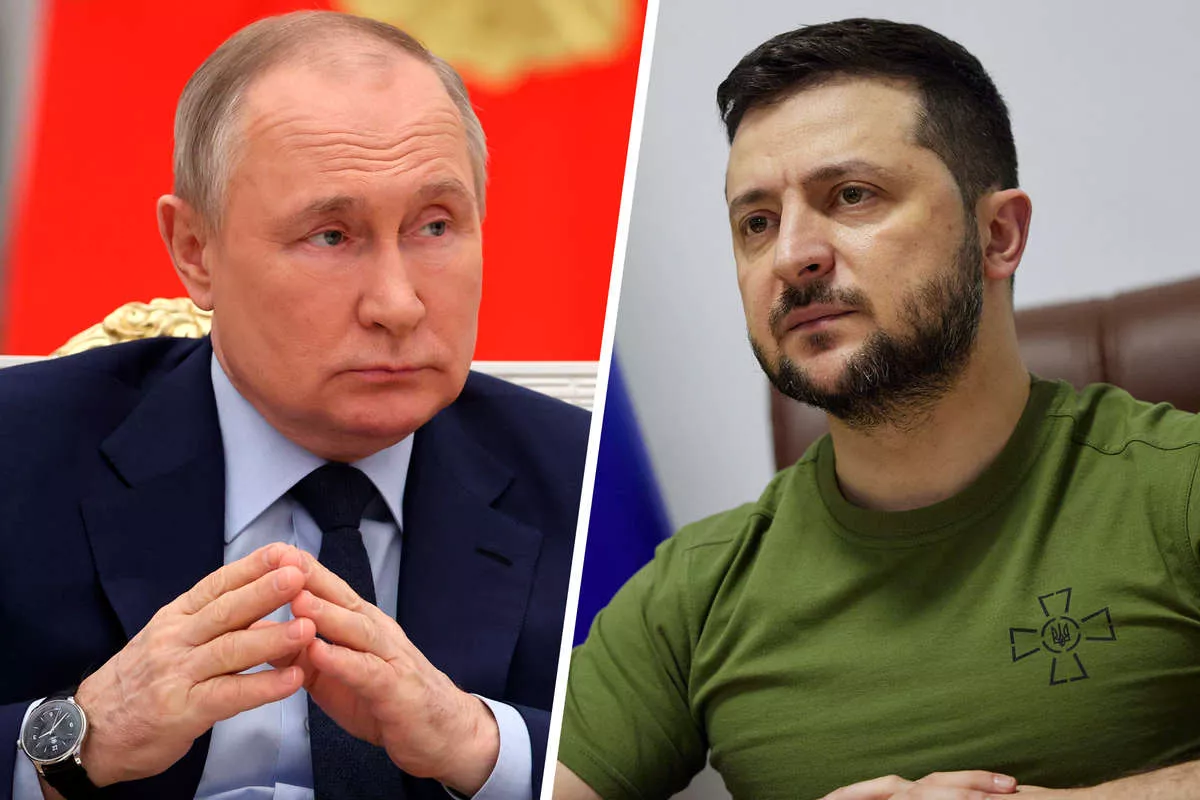How Putin and Zelenskyy managed to anger Trump Dragging it out
Donald Trump’s diplomatic efforts to resolve the Russia-Ukraine conflict appear to have encountered serious challenges. Ukrainian and Russian leaders, Volodymyr Zelenskyy and Vladimir Putin, as if in coordination, have almost simultaneously managed to anger the American president in the most literal sense.
Zelenskyy refused to approve a new agreement with Washington on mineral resources, publicly rejecting the idea of recognizing previous U.S. military aid as debt—apparently a key provision of the deal. Meanwhile, Putin once again questioned Zelenskyy’s legitimacy, proposing not only new elections but also external governance of Ukraine through the United Nations.
In response, Trump threatened both leaders with serious consequences, insisting that Moscow and Kyiv come to the negotiating table. Here’s how he commented on Zelenskyy’s stance: "I see he's trying to back out of the rare earth deal. And if he does that, he's got some problems. Big, big problems." The U.S. president also emphasized that Ukraine would not become a NATO member.

And here’s his reaction to Putin’s statements: "I was very angry, pissed off”, when Putin started delving into the details of Zelenskyy’s legitimacy, because that’s not his concern. He added that if Russia obstructs a peaceful resolution to the conflict, he would impose "secondary tariffs" of 25–50% on buyers of Russian oil.
What’s particularly intriguing is this: just a few weeks ago, Trump himself was calling Zelenskyy a "dictator without elections" and using other unflattering descriptions, strongly implying that he was undesirable for the U.S. So why is he now defending the Ukrainian president, especially when Zelenskyy is stubbornly resisting the rare-earth metals deal?
One can only speculate that Zelenskyy has, after all, agreed to certain key conditions set by Washington—conditions unrelated to the mineral resources deal and still undisclosed. This is also hinted at by the rather vague nature of Trump’s stated threat. "He's got some problems. Big, big problems" sounds more like a rhetorical phrase than a serious warning. The same, however, cannot be said about his threat toward Moscow.
Slapping tariffs on countries that buy Russian oil—primarily China and India—could indeed prove costly for them and might eventually force them to reconsider their purchases. Yet, questions remain. Experts, for instance, are raising concerns about the mechanisms for monitoring countries that continue to import Russian oil.
Then again, when it comes to resolving the Ukraine crisis, there are more questions than answers.

Putin and Zelenskyy, each for their own reasons, are in no rush to bring the hostilities to an end. In this context, they are—quite logically, though paradoxically—pursuing the same goal: to discredit Trump not only as a mediator but, more importantly, as a global arbitrator wielding absolute power over world affairs.
Adding fuel to the fire was Finnish President Alexander Stubb. After visiting Trump’s Florida estate, playing a round of golf with him, and discussing a contract for icebreaker construction, Stubb suggested that the American leader set a deadline for a ceasefire in Ukraine—April 20, marking three months of Trump’s presidency. It seems that the Finns, possibly acting on a broader European agenda, are attempting to play on the American leader’s ego. The strategy appears to be that if diplomatic efforts fail by the proposed date—a highly probable scenario—Trump may shift his stance on Russia from rapprochement to confrontation.
Europeans are deeply uneasy at the mere thought of facing Russia alone if U.S. military aid is cut off—something Trump has been increasingly vocal about. From their perspective, prolonging the conflict in Ukraine weakens Russia while also buying time to persuade Washington of the necessity of continuing military support for Europe.
Ironically, it seems that no one wants peace—except Trump. Yet, Trump is hardly an easy target for manipulation. It’s difficult to believe that he doesn’t have some aces up his sleeve. However, if he doesn’t play one soon, the world may start seeing his strategy as mere bluffing, with all the consequences that entails. Time is running out for Trump to push his policy forward and, by extension, maintain his credibility.








